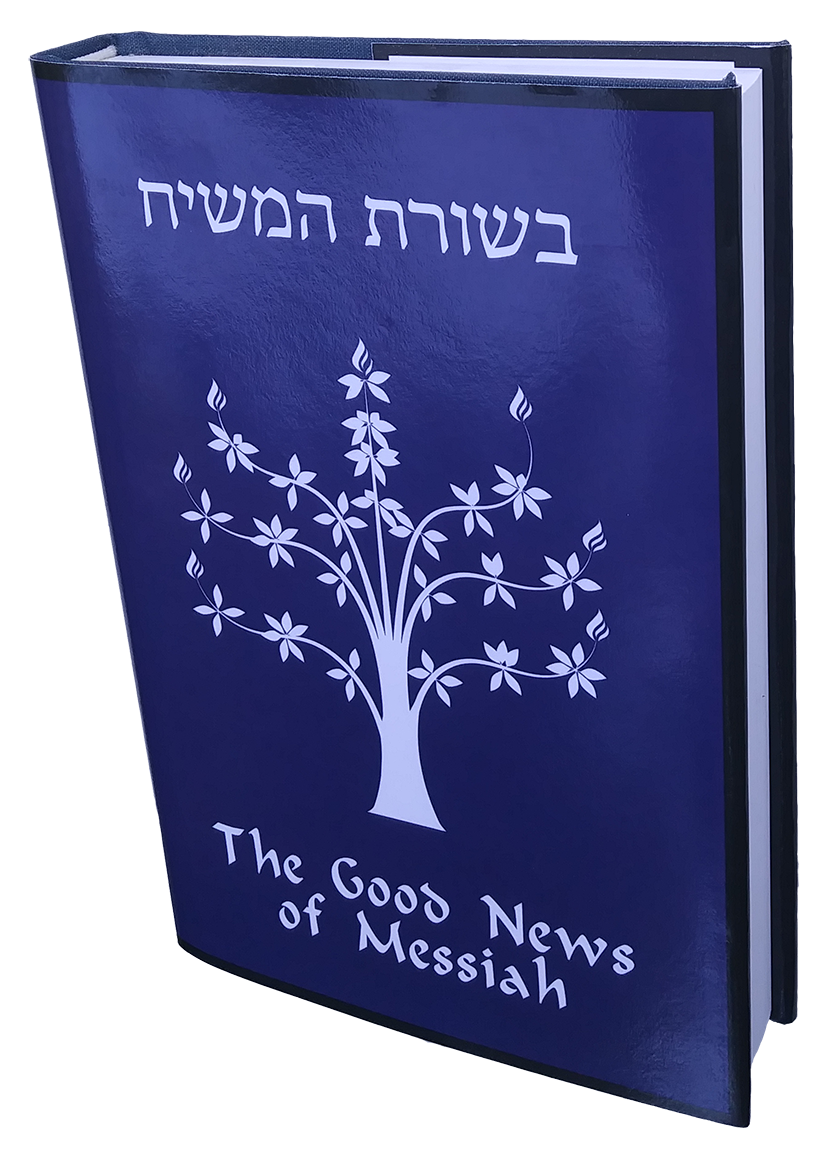The Good News of Messiah
The Justification Riddle
August 28, 2018

Biblical Chronology has something in common with the Good News, often called the “gospel.” Both are told in parables and riddles. For example 1 Kings 6:1 appears to say one thing, but it is really saying another if you know the key, “house of slaves” (explained in the 7th edition scroll book). Likewise Romans 5:1 appears to say one thing, “justified by faith” when in fact the Greek Paul wrote in may also mean to be “administered justice by faithfulness.”
We may prove that “administered justice” is the correct sense two ways. The first way is by consulting Greek dictionaries and usages for the time Paul wrote. The second way is by showing that the meaning “justified” is a legal contradiction.
Let’s take the second path first. The Almighty says in Exodus 23:7 that he would not justify the wicked, and further he instructs judges to justify the righteous and declare wicked the wicked. See Deut. 25:1. So if a person is a sinner before God’s court, he cannot be justified.
Romans 5:1 appears to say one thing, but knowing these other scriptures demonstrates that what appears to be is not correct. This is just like 1 Kings 6:1. It appears to say there were 480 years between the Exodus and when Solomon began to build the Temple. But an examination of the book of Judges and Samuel will prove a contradiction to that interpretation. Just as many have no ears for the “third day” parable in Scripture pointing to Messiah, many also have no ears for anything except being a sinner declared righteous.
The consequence of getting 1 Kings 6:1 incorrect (and similar riddles) is a loss of the objective chronological framework of ancient history. It is a loss of the support system for Messiah’s death and resurrection. The consequence of misunderstanding Paul to mean “justification” when he means “administered justice” is a misunderstanding of what Messiah’s death means and accomplishes.
Let us turn now to the second way of proving “administered justice” is correct. (The first way was the contradiction.) The very first definition of the Greek word involved in the text is “to do justice.” It means to “do justice” in a legal case. I have some documentation here. If one also studies this word in its older English usages, one will find at that “justify” used to mean to dispense justice, and that the Latin equivalent also means “to administer justice.”
So now the problem is solved. A judge may “do justice” in three ways, 1. acquit, justifiy, 2. pardon, 3. condemn. If the judge finds a guilty verdict, then he may pardon or condemn, but he may not justify. If he pardons he has administered justice. Sometimes it is just to forgive. He may pardon the guilty, but he may not acquit the guilty.
Whenever the Scripture gets translated, to a certain extent the riddles have to be solved by the translator. This explains why we have so many wrong translations. It is because most Christians rebelled against the Torah, and therefore they do not regard Exodus 23:7 or Deut. 25:1. They are then powerless to solve the riddle. They elect and fund scholars that agree with them who teach them “justify” and omit “administer justice.” They too have no ears to hear and no eyes to see.
Furthermore, most of them will not engage in logical reasoning, but they are so fear-bound (enslaved) to what they believe that they dismiss any correction with slander and libel. This worldliness is no different than the political lies told by the main stream media, and what they do to their enemies who expose the lies: slander and libel. Just as the main stream media is in control of most of the political narrative, so also the false Church is in control of the religious narrative.